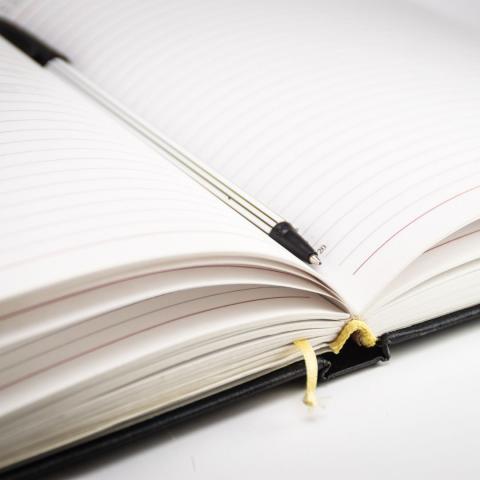
Writing advice for works-in-progress
About a year ago, I wrote a post about how I haven’t been writing. It was hard to share without cringing, because how can I expect you to trust my writing advice if it’s not working for me?
First, I will remind myself and anyone reading: Not all writing advice is going to work for all writers, at all times.
Second, I am happy to report that, in the last year, I have been writing much more than I was. Which is to say, I have been writing. That is a success in and of itself, but what’s most exciting is that I’ve been writing about things I’ve intended to write about for many years. Memories I have wanted to mine for their complex emotions and experiences have opened up to me in ways they hadn’t before. It got me thinking about why we feel able to write about certain things at certain times, and why we don’t. Because if we understand the whys, maybe we can create, tweak, or hack the hows.
I have been very vocal about my support of writing in fragments and scenes, for various reasons. When I’m super busy and have only a short amount of time to write, a quick snippet might be the only writing I’m capable of producing until my next bit of free time. Some memories are difficult. Some are emotionally taxing to excavate and document, or concern emotions I’m still processing. Sometimes the form or structure isn’t clear to me.
Whatever the reason, sometimes I write for a bit and then have to stop. The problem becomes not one of writer’s block, then, but how to pick up the thread I’ve dropped the next time I sit down to write.
I noticed a practice I started almost unconsciously, and which I thought I’d share as a little tip to anyone else who is a strong starter but not always the greatest closer.
What are bookmark notes?
I’ll use yesterday’s writing session as an example. I sat down knowing I’d have about an hour to write. I knew what I wanted to write about—it was first thing in the morning (my favorite time to write), and I’d had a dream that reminded me of a memory, one of those topics I always thought I would or should write about someday. I brewed my coffee and opened up a blank Word doc. I got into my zone pretty quickly, immersing in that memory and capturing as many physical details as I could recall.
I wrote for a little over an hour, about 2,000 words, then stopped. I had written one of those sentences that felt like a stopper, one that made me pause and stretch. Then I started rereading what I’d written. When I get to that point where I go back and reread what I just put down, I know I’m done for the day. I typically can’t pick it back up once I start reading it a second time.
So I reread what I wrote, and it sounded fine, but there were a few details I still wanted to capture. I hit Enter a few times to create some space after where I’d stopped writing, then I started a list of bullet points of those details—keywords and phrases that, when I reopen this doc, will be there to remind me.
The beauty of this practice isn’t just in the notetaking itself, but in the discipline of taking a couple extra minutes at the end of a writing session to leave myself instructions on how to complete a piece of writing. While I’m still in the particular head space or energy or mood of a given memory, I jot down things I don’t want to forget to come back to. They are notes I make in the middle of the page, in the middle of a story, even in the middle of a thought or feeling, to make it easier to return. Like putting a bookmark in a book.
What do you think? Will you give this practice a try? Share with us in the comments.
Related reading: Writing to cultivate calm
Writing in pieces: In defense of fragments over finished products
Want to receive tips and inspiration like this in your inbox every Sunday morning? Join our email list community! You will receive weekly advice, a year’s worth of weekly writing prompts as a FREE download, and be eligible to participate in our monthly photo prompt contest for a chance to share an original piece of writing with our community of nearly 2,300 writers.
